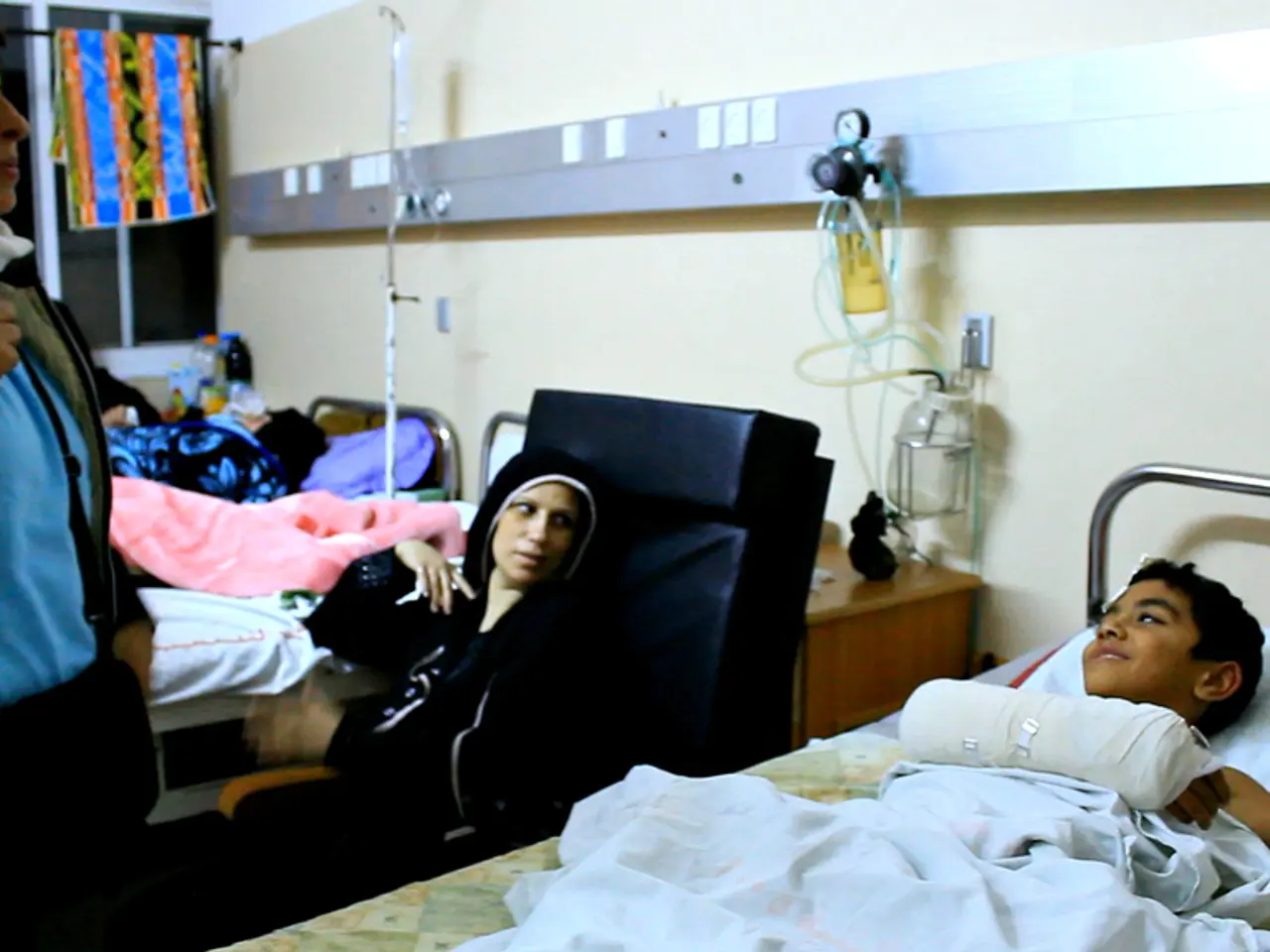Expansion of rural medical services in Bavaria: Increase in locations for future general practitioners
In a significant move to address the demand for healthcare professionals in specific sectors, the rural doctor quota and public health service quota programs in Germany are seeing a surge in allocations for the upcoming academic year.
The rural doctor quota, overseen by Health Minister Judith Gerlach of the CSU, was introduced in 2020. This program, unique to Bavaria, aims to allocate up to 8% of all medical study places to applicants who will later work in general practice or pediatric and adolescent medicine for at least ten years in underserved or at-risk regions. This year, 172 future rural doctors will start their studies, marking an increase from previous years.
Since its inception, a total of 571 future doctors have started their studies through the rural doctor quota program. The program is designed to enable those who may not have a perfect academic record to pursue a career in medicine, thereby addressing the need for doctors in underserved regions.
The public health service quota, overseen by Health Minister Judith Gerlach and introduced in 2021, is set at 1.8%. This year, 13 study places have been allocated through this quota. The program requires participants to commit to working in the public health service for a certain period.
The rural doctor quota and the public health service quota share a common goal - to address the need for doctors in specific sectors. The medical profession continues to be one of the top career aspirations for many young people.
It's worth noting that both quota programs require participants to commit to working in their respective fields for a certain period. The rural doctor quota participants must commit to working in their field for at least ten years, while the public health service quota's duration is not specified.
The rural doctor quota currently has more allocations than in any previous year, reflecting a growing emphasis on addressing healthcare needs in rural areas. The surge in allocations for both programs underscores the importance of attracting and retaining healthcare professionals in these sectors.
As these future doctors embark on their studies, they are not just pursuing a career, but also contributing to the health and wellbeing of communities in need.
Read also:
- Peptide YY (PYY): Exploring its Role in Appetite Suppression, Intestinal Health, and Cognitive Links
- Toddler Health: Rotavirus Signs, Origins, and Potential Complications
- Digestive issues and heart discomfort: Root causes and associated health conditions
- House Infernos: Deadly Hazards Surpassing the Flames








